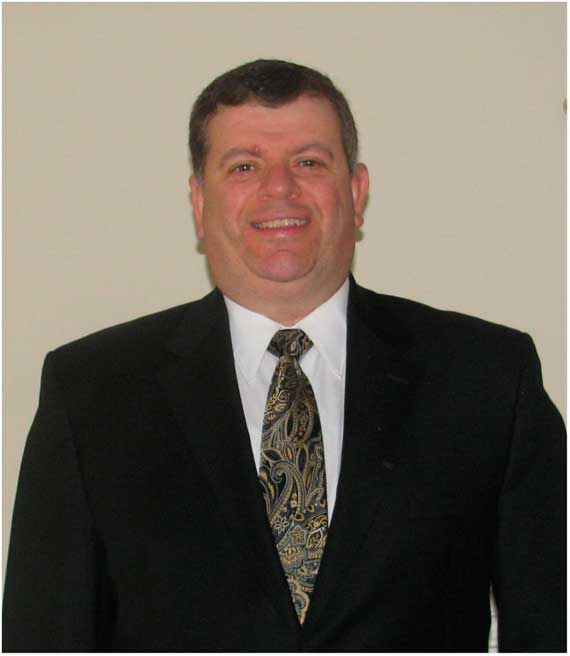
Frank Tarazi, MBBS, PhD, MBA, our new Translational Neuroscience Field Editor, is an Associate Professor of Psychiatry and Neuroscience at Harvard Medical School and Director of the Psychiatric Neuroscience Program at McLean Hospital in Boston, Massachusetts. He received his Doctorate degree in Neuropsychiatry from Rutgers University, and his Executive MBA degree from Northeastern University. His research focuses on better understanding the pathophysiology of several neuropsychiatric disorders and their improved treatment. He has been awarded research funding from NARSAD, NIH, the Stanley Foundation, and from several pharmaceutical and biotechnology companies. Dr. Tarazi is the Associate Editor of Pharmacology and Therapeutics and serves on the editorial boards of several other journals. He has published more than 120 original articles, reviews, and book chapters, including a chapter on psychosis and mania in the standard textbook entitled Goodman and Gilman’s The Pharmacological Basis of Therapeutics. He is co-editor of a book entitled Neurological and Psychiatric Disorders: From Bench to Bedside.
Dr. Tarazi has received several awards and honors, including the A.E. Bennett Award from the Society of Biological Psychiatry, the Rafaelsen Fellowship Award from the Collegium Internationale Neuro-Psychopharmacologicum (CINP), the Jordi-Folch Pi Memorial Award from the American Society for Neurochemistry, the Alfred Pope Award from McLean Hospital, and the Dean’s Dissertation Award from Rutgers University. He is a Fellow of the American College of Neuropsychopharmacology (ACNP), and a member of several societies, including the American Psychiatric Association (APA) and the CINP. He is also a member of the World Economic Forum’s Global Agenda Council on Brain Research.


